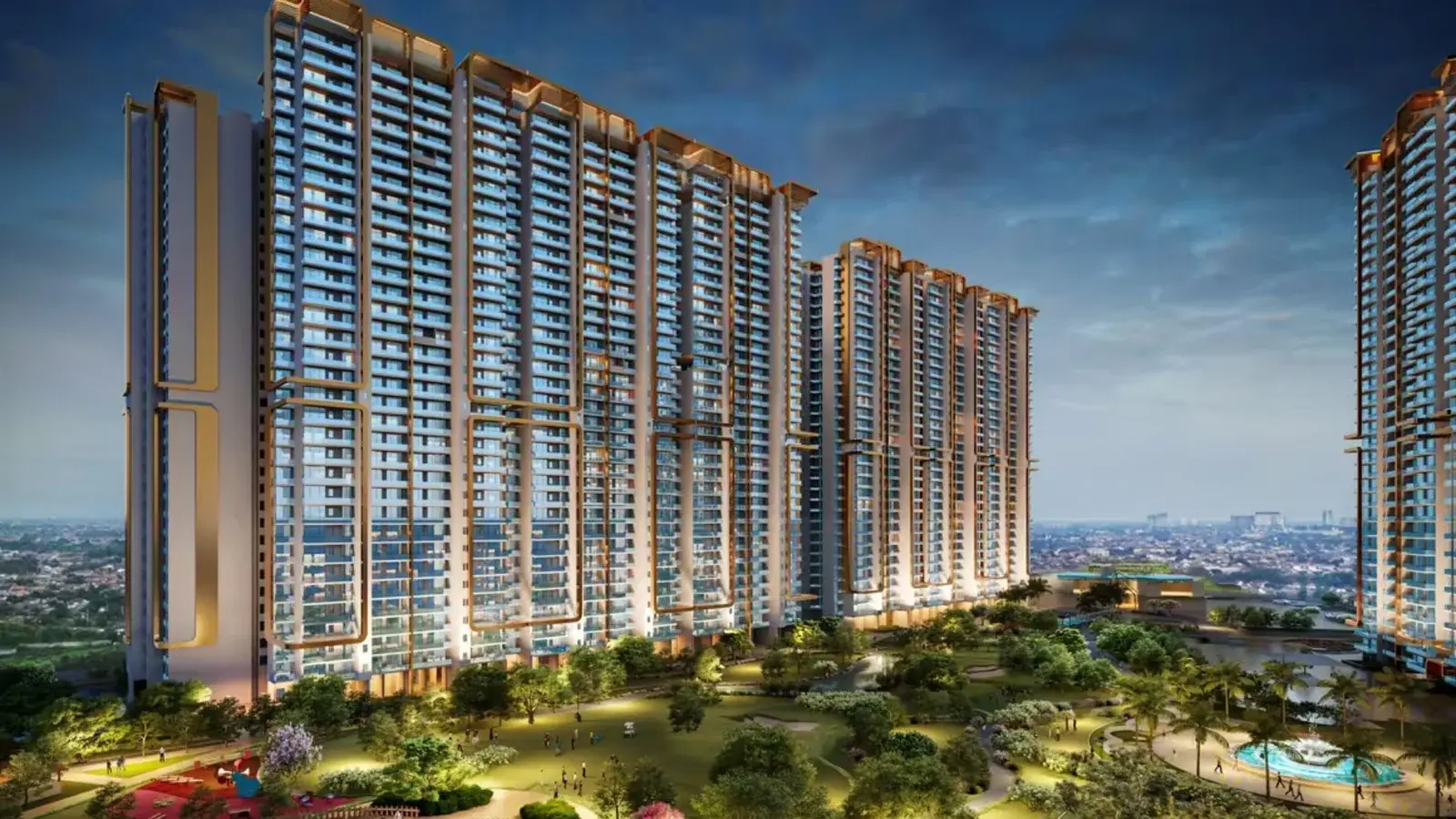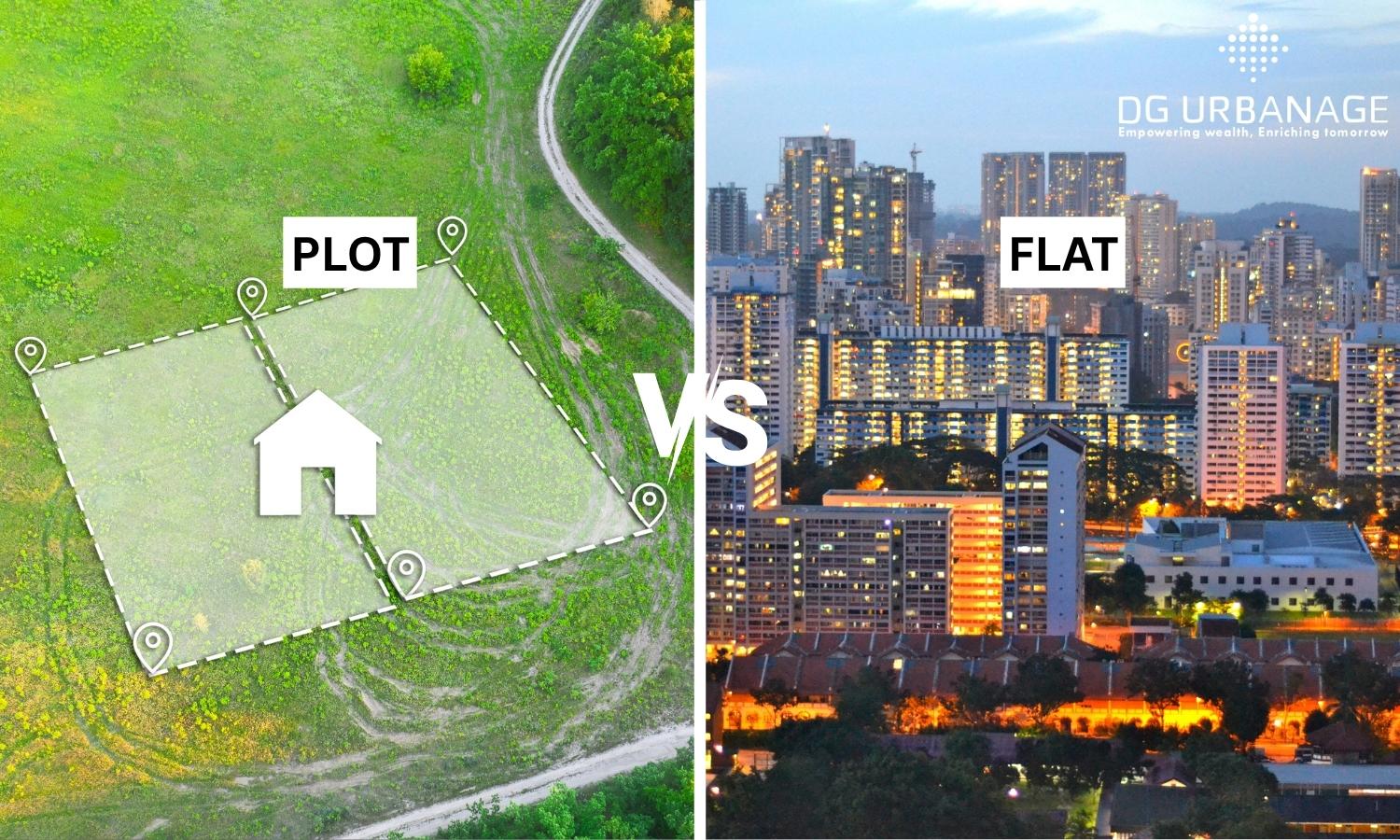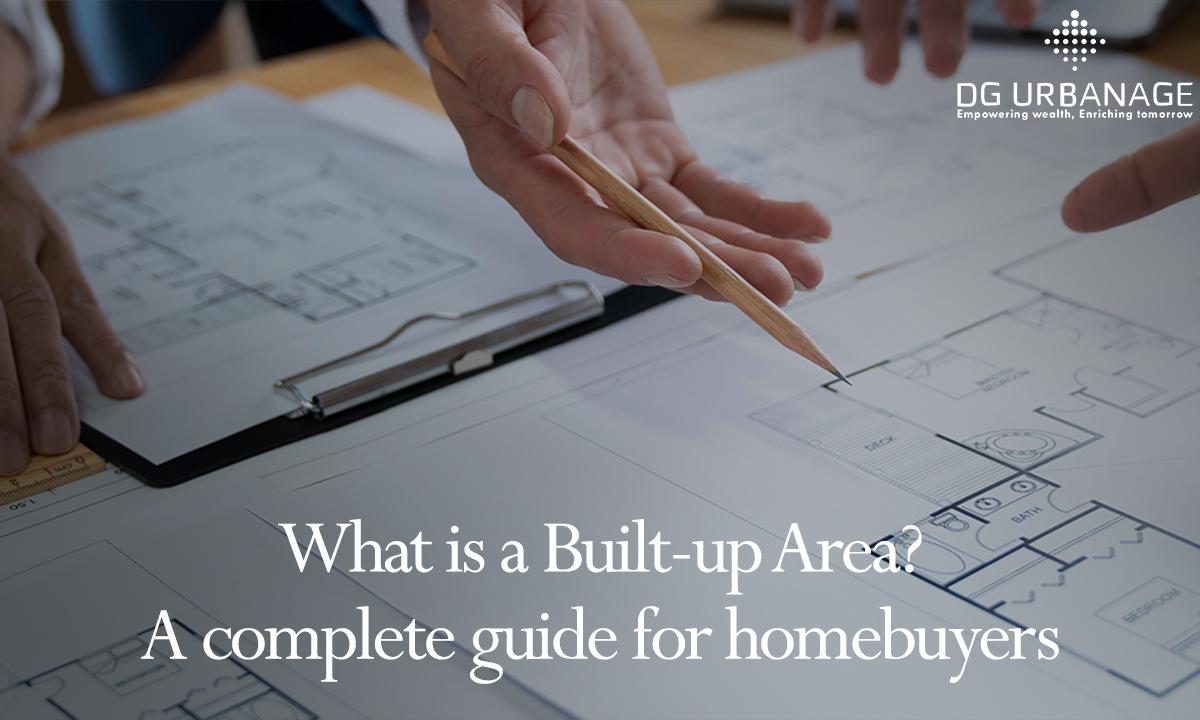
The Real Cost of Buying Your First Home: A Budgeting Guide
While “all-inclusive pricing” simplifies the homebuying conversation, it’s important to understand that certain costs—like government charges, registration fees, or unexpected site requirements—may arise along the way. At Urbanage, we help you stay informed at every step, so there are no surprises—just smart planning.
Most homebuyers plan their budget around the property's final sale price, stamp duty, registration fees, and future EMIs. However, there are often additional expenses that aren’t immediately visible—costs that can significantly impact your overall investment.
That’s why it’s important to be aware of the lesser-known charges that come with purchasing a home. Before you take the big step, here’s what you should know about the hidden costs involved in homebuying:
Home Loan Processing Fees & MOD Charges
When you take a home loan, there are a few extra costs that come with it—beyond just the EMI. One of the first is the processing fee, which banks charge to handle your loan paperwork. This is usually around 0.25% of the total loan amount, so the higher your loan, the more this fee will be.
Another cost to keep in mind is the MOD charge (Memorandum of Deposit). It’s a legal formality that secures your loan and confirms that the property is mortgaged. These charges typically range between 0.1% to 0.5% of the loan amount.
They might seem like small percentages, but they can add up quickly. Knowing about them early can help you plan better and avoid last-minute stress.
Maintenance Charges
If you're buying a home in a high-rise or gated community, you’ll likely have monthly maintenance charges to cover common facilities and services. But what many first-time buyers don’t expect is the one-time advance payment that developers or housing societies often ask for—usually before you even move in.
In most cases, this upfront fee can cover six months to a full year of maintenance charges, paid in a single installment. It’s a common practice to ensure smooth operations in the initial months and avoid any delays in payment.
While this amount eventually gets adjusted over time, it’s important to include it in your early budget planning to avoid any last-minute surprises.
Penalties for Payment Delays
If you’ve opted for a construction-linked payment plan, your payments will be made in stages as the project progresses. However, missing these scheduled payments can lead to penalty charges, as outlined in the builder-buyer agreement.
Delays in payment are not just about added costs—developers may also slow down possession or take legal action, making the process more complicated and stressful. That’s why it’s important to stay on top of your payment schedule and communicate early in case of any issues. Being proactive can help you avoid unnecessary delays and complications down the line.
Legal Fees
Buying a property comes with a fair share of paperwork—and navigating it often requires professional legal help. Whether it’s for verifying documents, drafting agreements, or conducting due diligence, many homebuyers choose to hire a lawyer or legal advisor to ensure everything is in order.
These services come at an additional cost, which can vary based on the property type, complexity of documentation, and the lawyer or agency you choose. Typically, legal fees can range from ₹15,000 to ₹100,000, so it’s wise to include this in your overall homebuying budget.
Documentation Fees
Along with legal charges, homebuyers should also be prepared for documentation fees—costs that cover the drafting of important papers like the sale agreement, sale deed, indemnity bonds, affidavits, and other necessary documents.
While these are often considered minor expenses, they can add up quickly. In many cases, these fees are bundled with legal charges, especially if a single agent or legal firm is handling the entire process. The good news? There’s often room to negotiate the overall cost, depending on the services being offered.
Move-In/Exit Charges
When shifting into a new housing society, you may be required to pay a move-in or administrative charge—a one-time, non-refundable fee that typically ranges from ₹1,500 to ₹7,000, depending on the type of project. For instance, luxury societies often have higher move-in fees compared to more affordable ones.
In some cases, if you're relocating from one society to another, an exit charge may also apply.
These charges usually cover common area maintenance, pending utility dues from previous owners, garbage disposal, and other administrative services related to occupancy. Though it's a one-time payment, it's important to factor it into your overall moving budget to avoid surprises.
HOA/AOA Charges
Living in a well-managed, gated community comes with its own set of benefits—and that’s made possible by bodies like the Homeowners’ Association (HOA) or Apartment Owners’ Association (AOA). These resident-led groups are responsible for maintaining common areas, managing services, and ensuring the overall upkeep of the society.
To support their functioning, a one-time setup charge or additional contributions may be collected from homeowners. These funds are used for administrative costs, early-stage planning, and community maintenance.
Penalties for Late Stamp Duty Payment
Stamp duty and registration charges are key components of the homebuying process, typically paid at the time of signing the final sale deed. This step is followed by property mutation, which officially transfers ownership to the buyer. However, any delay in paying stamp duty can result in significant penalties—sometimes up to ten times the unpaid or deficit amount.
Buying a home is a major life achievement, often backed by years of savings and careful planning. But with multiple payments spread across different stages, it’s easy to lose track of smaller or lesser-known costs. That’s why having a clear understanding of all potential charges, including hidden ones, is essential. It not only helps in smarter financial planning but also ensures a smoother, stress-free homebuying experience.
Conclusion
Purchasing your first home is a significant step, both emotionally and financially. While most buyers prepare for the obvious costs—like the property price and EMIs—there are several other expenses that can quietly add up along the way. Being aware of these hidden costs helps you plan your budget more effectively and ensures a smoother experience from start to finish.
At Urbanage, our goal is to help you navigate the homebuying journey with clarity and confidence. With the right information and proper planning, you can make smarter decisions and move into your new home without unexpected financial stress.





